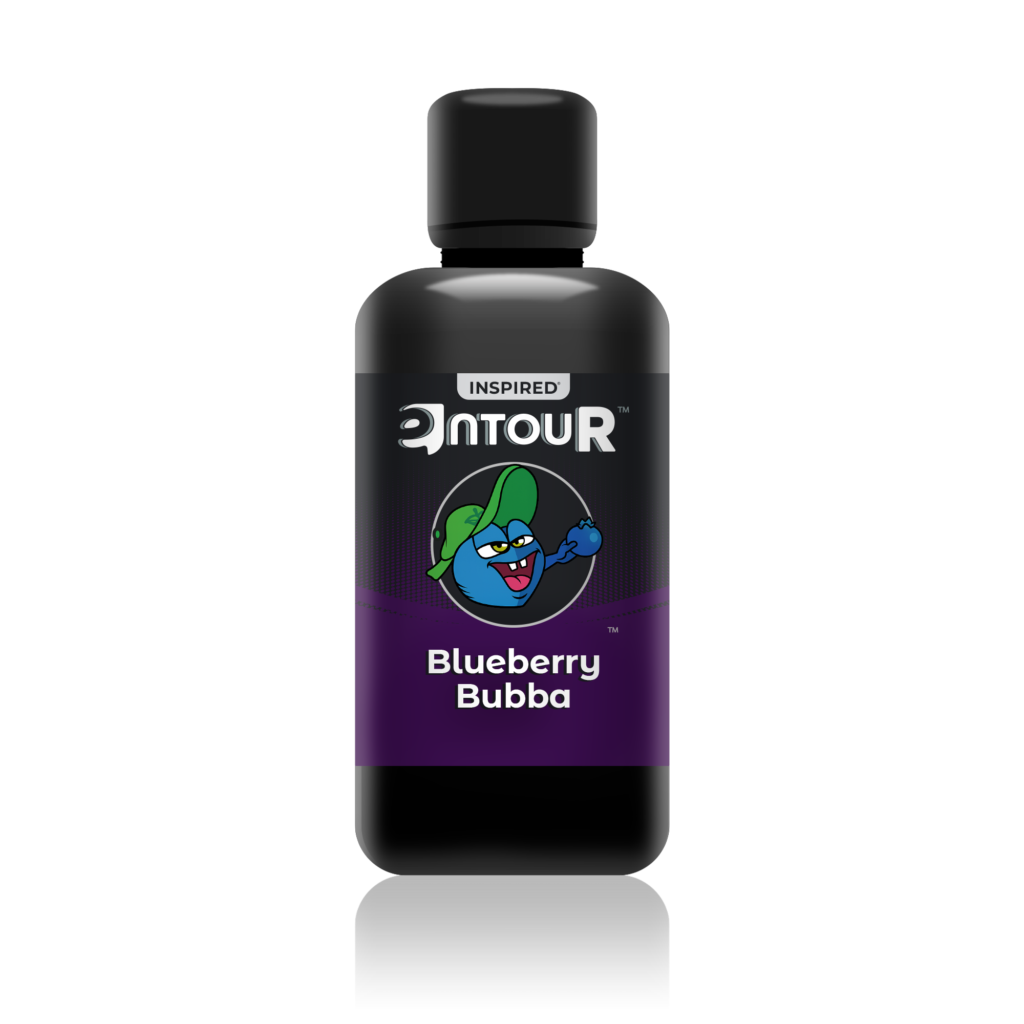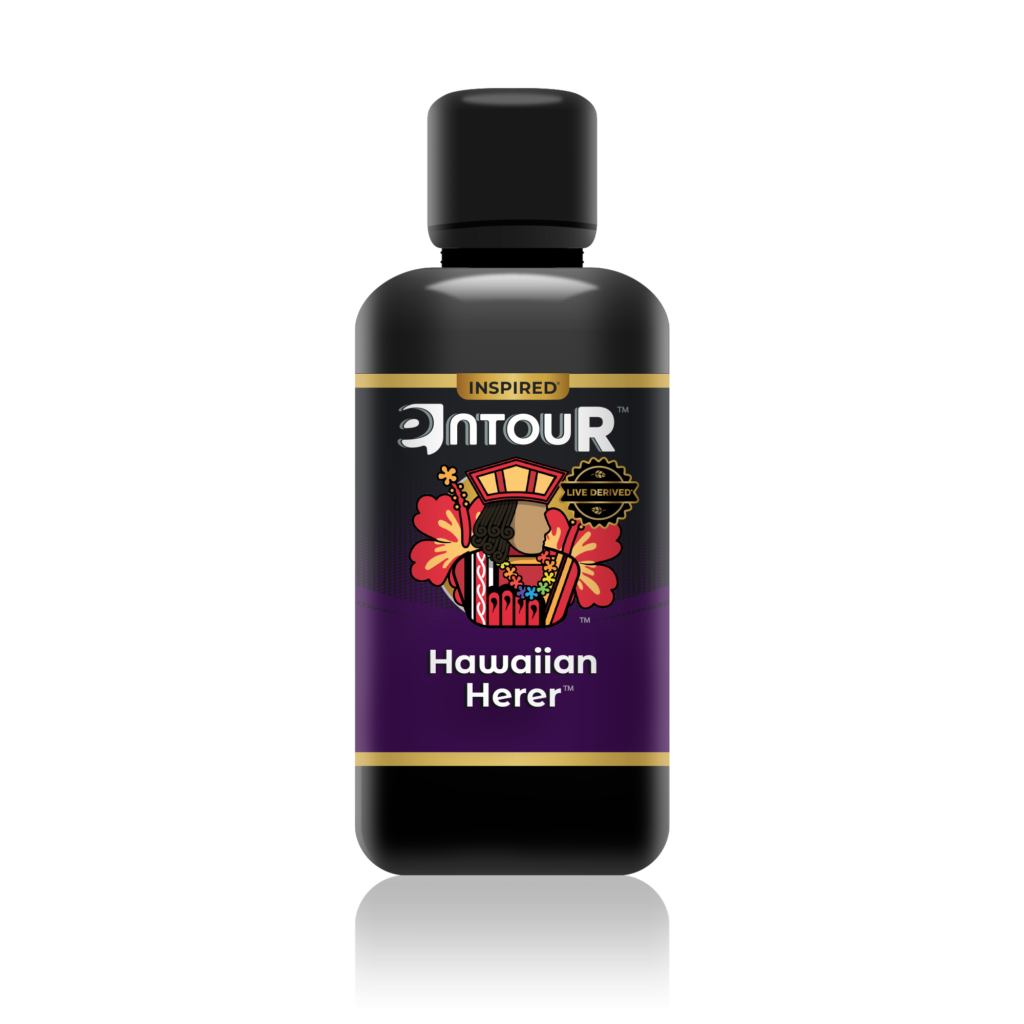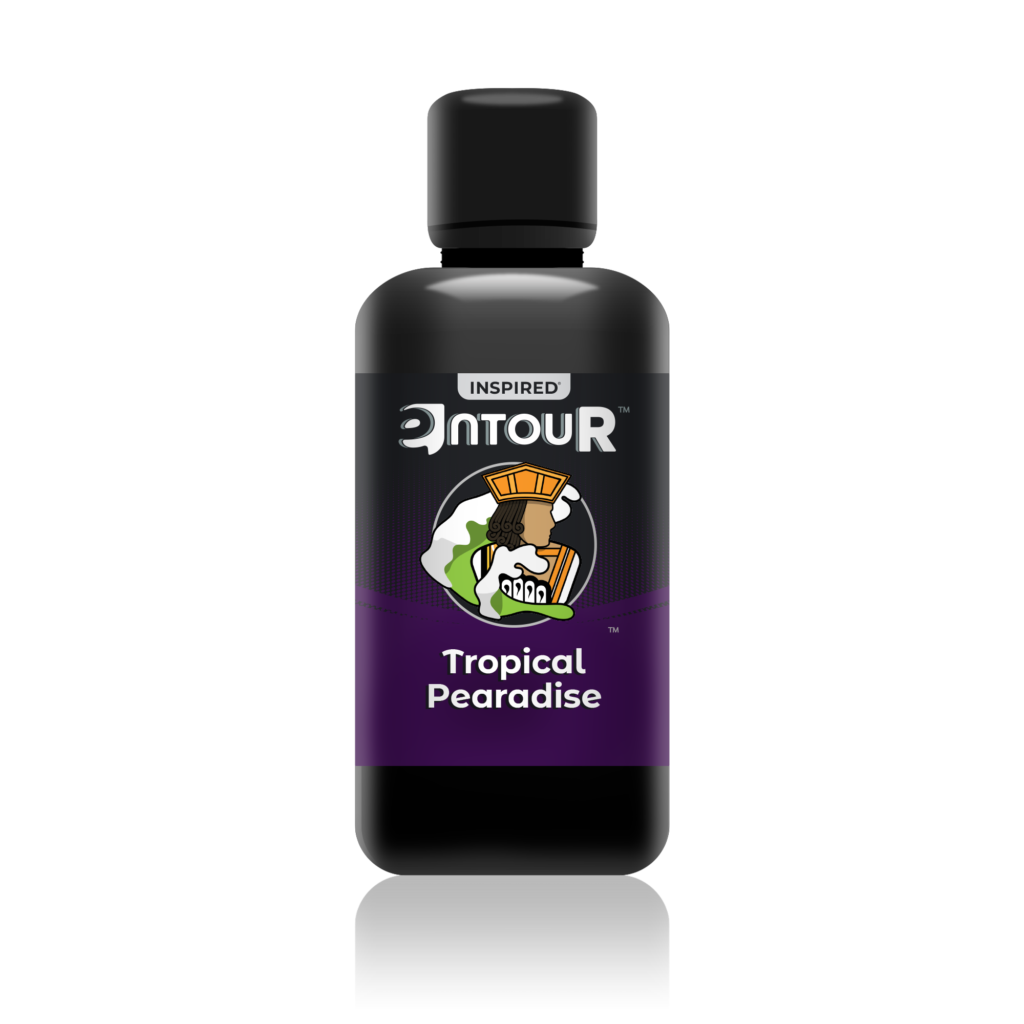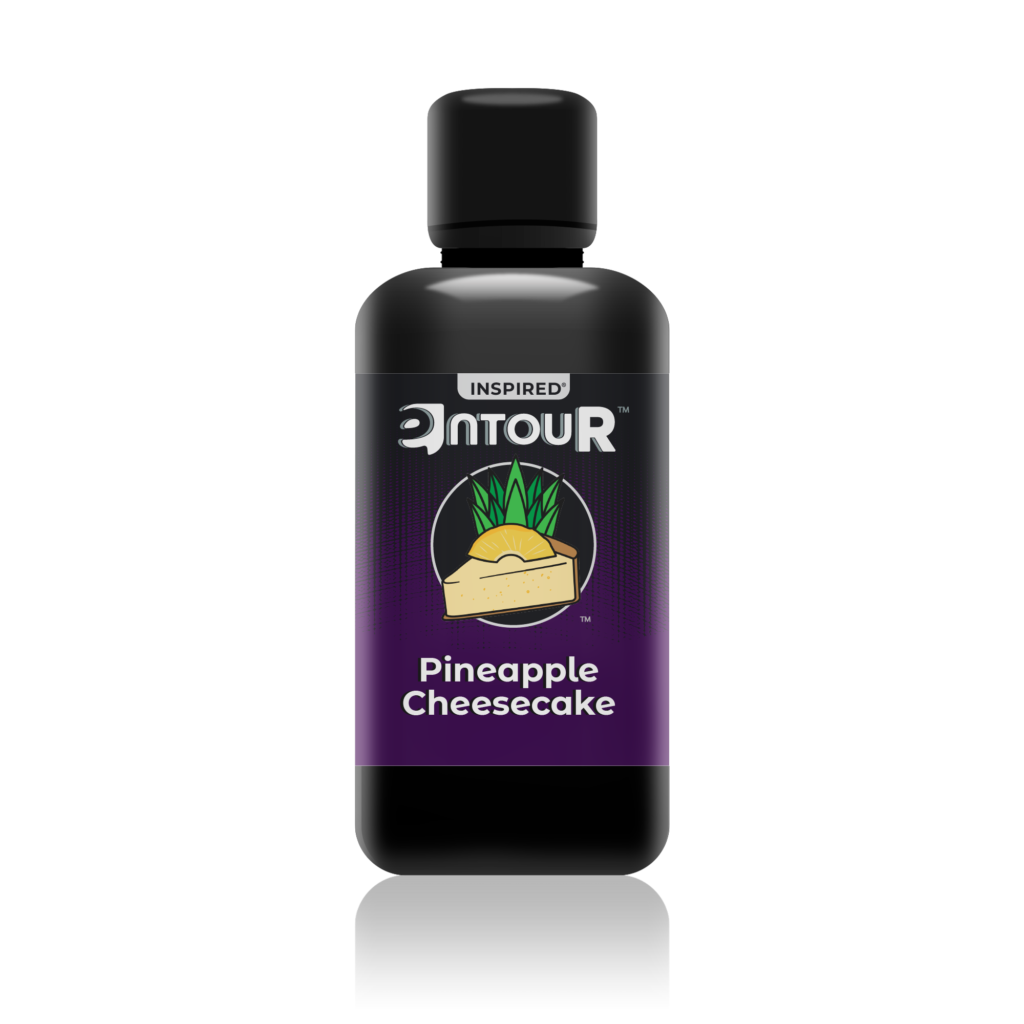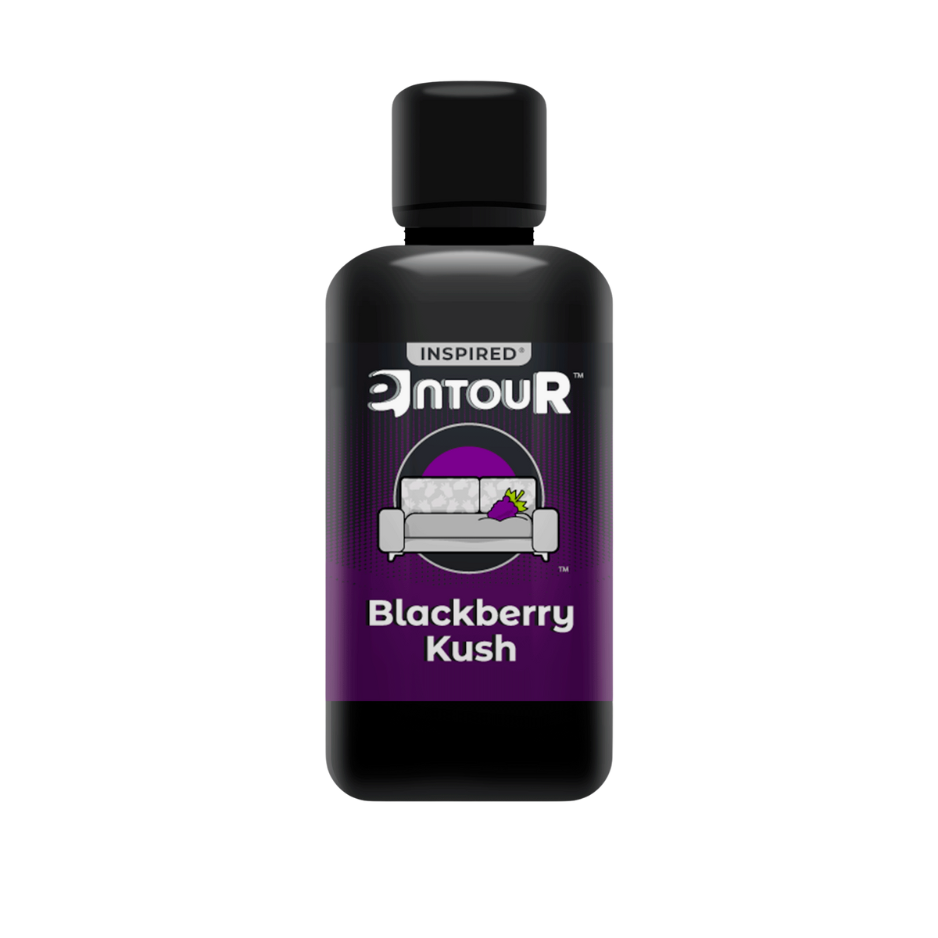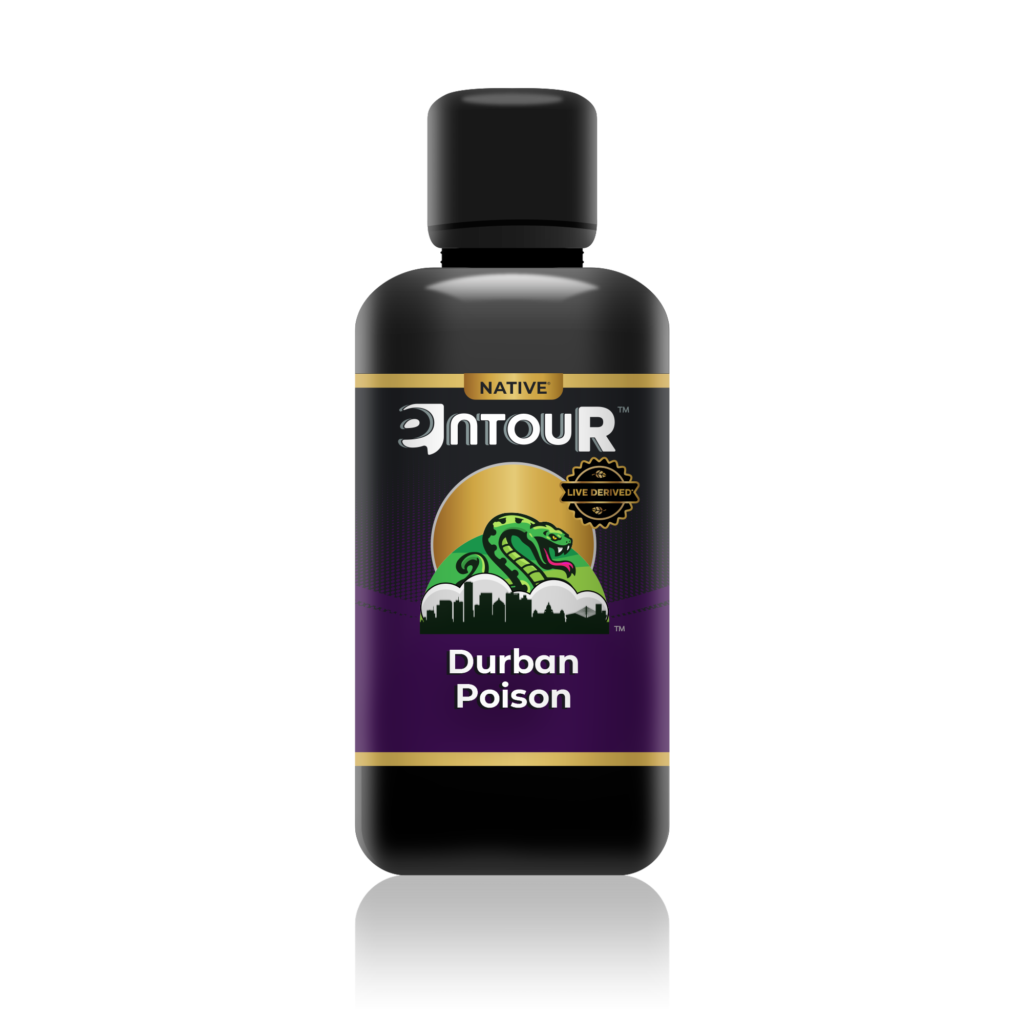In the world of cannabis, while much deserved attention is focused on cannabinoids like THC and CBD, there’s an intriguing and quietly recognized player – beta-caryophyllene. This terpene possesses a distinctive profile and a range of potential benefits. In this article, we will explore the scientific details of beta-caryophyllene, investigate its potential benefits, and illuminate its role in the world of botanical flavor and aroma solutions.
The Science Behind Beta-Caryophyllene
In contrast to the majority of terpenes, beta-caryophyllene has a unique cyclobutane ring, a feature seldom found in nature. The remarkable quality that sets beta-caryophyllene apart lies in its unique ability to interact directly with the body’s endocannabinoid system (ECS), despite its classification as a terpene. While THC predominantly binds to CB1 receptors in the brain, leading to euphoric effects, beta-caryophyllene targets CB2 receptors located in the peripheral ECS. This unique interaction sets it apart from other terpenes. This unique feature allows it to provide many benefits associated with activating these receptors, without causing the typical cannabis euphoria. It’s the only terpene known to directly activate a cannabinoid receptor, specifically CB2 receptors.
Related Link: Case Study: Regulated Market Leader in U.S. (single state)
Beta-Caryophyllene Benefits
Beta-caryophyllene presents promising advantages, notably its potential inflammation-modulating properties as demonstrated in studies on rodents. However, additional human research is essential for definitive confirmation. Furthermore, ongoing investigations point to its neuroprotective potential in preserving nerve cells. Additionally, intriguing rodent studies have indicated mood-enhancing properties, prompting the need for further exploration in potential human applications.
Beta-Caryophyllene in Botanical Flavor and Aroma Solutions
Beta-caryophyllene’s presence in various plants, including cannabis, contributes to the complexity of terpene profiles. It adds a spicy or peppery aroma, enriching the overall scent and flavor characteristics of these plants. This diversity of terpenes enhances the adaptability of cannabis, allowing for a multitude of uses and effects based on their unique profiles.
In the world of culinary arts, beta-caryophyllene shines as a flavor enhancer, often used in recipes to add a spicy or citrusy aroma. Its presence in black peppercorns and hops makes it a preservative and flavor booster familiar to many palates. Food companies also employ it as a natural flavoring agent, infusing products like chewing gum with its enticing organoleptic properties.
Cannabis product developers recognize the value of beta-caryophyllene in creating distinctive flavors and aromas. It’s an essential component in crafting diverse strain profiles that cater to consumer preferences. By understanding the role of this terpene, producers can stay ahead of market trends and meet the evolving demands of cannabis users.
Discover the full potential of beta-caryophyllene in your product line. Get in touchwith Entour for expert advice and explore how our bespoke terpene blends can uniquely address your customers’ needs and elevate your brand.
Tips for Optimizing Beta-Caryophyllene Effects
For those interested in harnessing the potential benefits of beta-caryophyllene, proper dosage considerations are crucial. Understanding the optimal amount and delivery method can maximize its effects while ensuring safety.
Beta-caryophyllene doesn’t work alone; it can be even more effective when combined with other terpenes. Exploring complementary terpene pairings can lead to unique and tailored cannabis experiences.
As the cannabis industry continues its evolution, it becomes increasingly important for both producers and consumers to stay abreast of the latest research and industry trends related to the integration of beta-caryophyllene and other terpenes into products. Staying well-informed is essential to ensure that best practices are adhered to within this dynamic landscape.
Potential Side Effects and Considerations
Although beta-caryophyllene holds promise, it is vital to address common concerns, such as potential interactions with medications and individual variations in its effects. Seeking guidance from healthcare professionals is advisable, particularly for individuals with underlying medical conditions.
Just as with any botanical solution, prioritizing safety in consumption is of the utmost importance. Opting for reputable sources, adhering to recommended dosages, and monitoring individual reactions can help minimize potential risks.
Related Link: Meet Entour
Conclusion
Beta-caryophyllene stands out as a fascinating terpene, especially due to its capacity to interact with the body’s endocannabinoid system. Ongoing research underscores its potential for having wellness benefits for many systems of the body opening-up promising avenues for further exploration. Furthermore, its role in amplifying terpene profiles and infusing unique aromas into cannabis products contributes to its utility. As we advocate for continued investigation into beta-caryophyllene, it becomes increasingly vital to emphasize the significance of premium botanical solutions within the cannabis sector. Whether you are a seasoned cannabis enthusiast or simply inquisitive, beta-caryophyllene deserves more of your attention.
Intrigued by the benefits of beta-caryophyllene in your cannabis products? Contact usfor a personalized consultation to learn how our specialized formulations can harness this powerful terpene for enhanced customer satisfaction.
FAQs
How does beta-caryophyllene make you feel?
The effects of beta-caryophyllene can vary from person to person, but it has the potential to enhance mood and provide potential relief from occasional discomfort.
What is the function of beta-caryophyllene?
Beta-caryophyllene activates CB2 receptors within the endocannabinoid system, potentially resulting in inflammatory-modulation and other wellness benefits.
Is beta-caryophyllene safe to use?
Beta-caryophyllene is generally recognized as safe (GRAS) for use in food as a flavor ingredient. It is also a common constituent of botanical essential oils. Nevertheless, it is crucial to seek advice from healthcare professionals, especially if you have underlying medical conditions or are currently using medications.
Does beta-caryophyllene make you sleepy?
The effects of beta-caryophyllene’s on sleep are not well-documented, and individual responses may vary.
What plants are high in beta-caryophyllene?
Plants such as black pepper, hops, cloves, oregano, cinnamon, and basil contain notable concentrations of beta-caryophyllene.
Related Link: Case Study: Multi-State Operators


